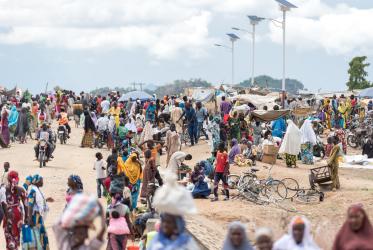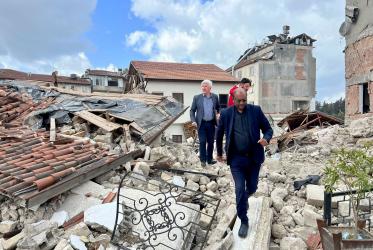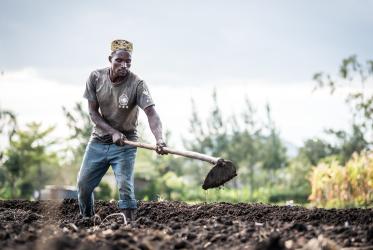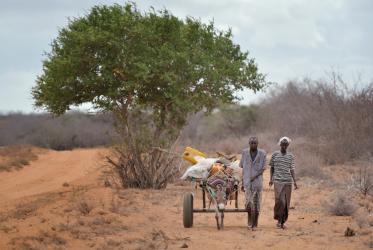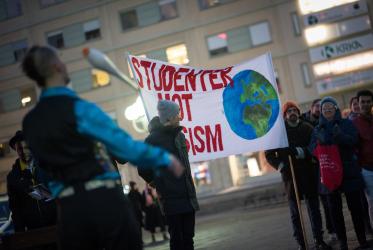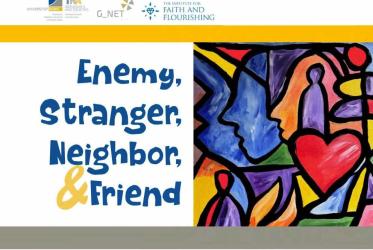Displaying 101 - 120 of 977
El CMI lamenta el fallecimiento de Julio de Santa Ana
24 April 2023
WCC mourns the death of Julio de Santa Ana
20 April 2023
Churches respond to Malawi cyclone disaster
29 March 2023
